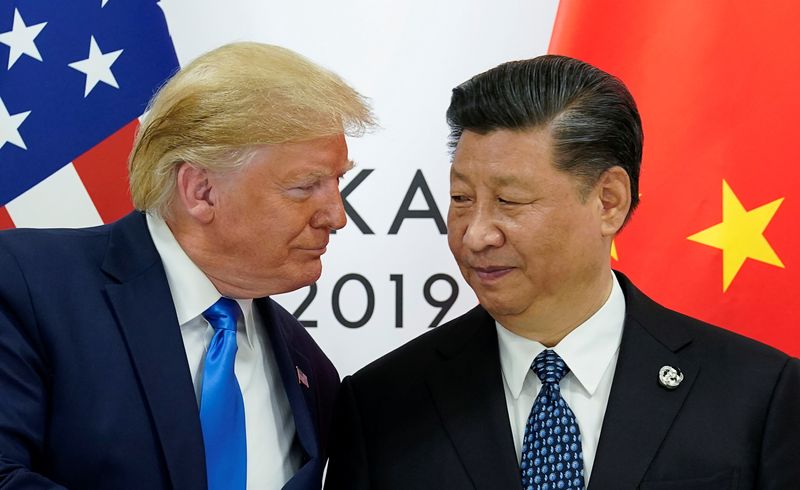Trump, Xi likely to speak soon on minerals trade dispute, aides say

Trade tensions dominate as Trump and Xi prepare to talk amid tariff uncertainty, while a US-India deal nears. Markets wobble as the dollar dips on lingering trade fears.

All major sources, one page
Feel the mood behind headlines
Know what’s trending, globally
Get summaries. Save time
7,035
129
211
4 hours ago
Get instant summaries, explore trending stories, and dive deeper into the headlines — all in one sleek, noise-free mobile experience.
Get the latest news and insights delivered straight to your inbox
All major sources, one page
Feel the mood behind headlines
Know what’s trending, globally
Get summaries. Save time
7,035
129
211
4 hours ago
Get instant summaries, explore trending stories, and dive deeper into the headlines — all in one sleek, noise-free mobile experience.
Get the latest news and insights delivered straight to your inbox